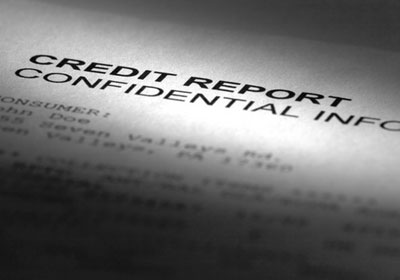Top 5 Background Check Trends for 2016 – #4 Credit Report Restrictions
Employment background checks have increased the use of credit reports year over year. This weighted factor for hiring has not gone unnoticed by community groups, politicians and the Equal Employment Opportunity Commission (EEOC). They have scrutinized this determining factor and say it penalizes vulnerable applicants unfairly.
Opponents say it violates privacy laws because it may show where you shop, your bank account balance and so on. Credit reports look into things that are not public record.
In addition, some credit reports contain incorrect information. This can delay and make the hiring decision difficult.
Download our FREE Background Checks Guide here to help you establish a screening program for your business.
So, the solution for many state governments has been to pass laws that restrict or limit credit information used by employers during the hiring process. This continues to be a trend and more states will pass similar laws in 2016.
Currently, some state laws require employment credit checks to be relevant to the qualifications of the job. For example, jobs that require handling money. Other laws are more procedural. Employers are required to notify and give a reason to their job applicant for the credit check.
Slowly but surely credit report restrictions are becoming the law from state to state. With this in mind, the staff at HireSafe recommends that you are aware of the employment credit report restrictions in your area. Follow those laws closely to stay compliant. It is a best practice to use credit checks when the job type involves handling or access to large amounts of money.
If you are unsure as to how to handle a credit check with you applicant, partner with a background screening service company like HireSafe. They can guide you with the appropriate actions to take.

